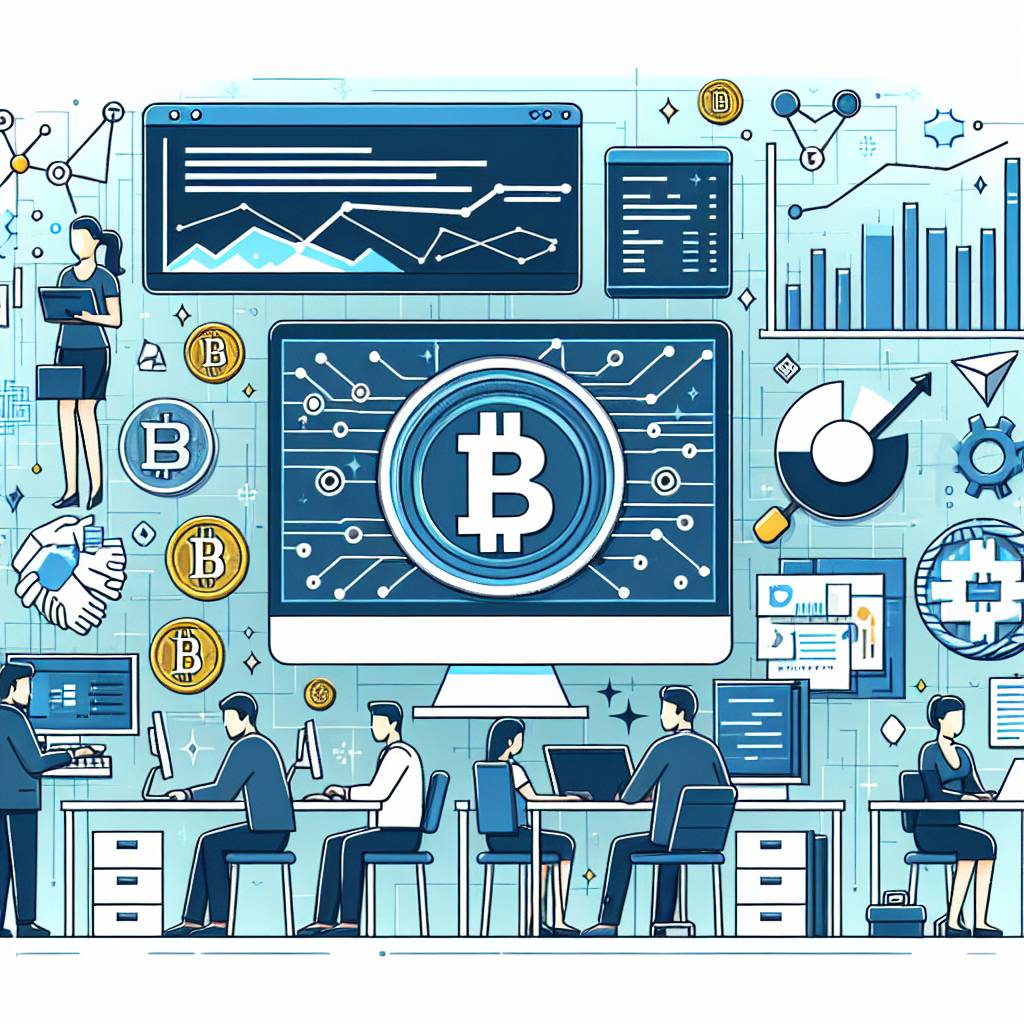What are some common errors when switching between digital currencies?
When it comes to switching between digital currencies, what are some common errors that people often make? I want to avoid these mistakes and ensure a smooth transition. Can you provide some insights and tips on this?

3 answers
- One common error when switching between digital currencies is not doing enough research. It's important to thoroughly understand the new currency's technology, team, and market before making the switch. This will help you avoid potential scams or investing in a currency with no real value. Take the time to read whitepapers, check the project's website, and look for reviews and opinions from trusted sources. Another mistake is not properly securing your new digital currency. Make sure you have a secure wallet or exchange to store your coins. Set up two-factor authentication and use strong, unique passwords. Don't keep all your coins in one place, diversify your holdings across different wallets or exchanges to minimize the risk of losing everything in case of a security breach. Lastly, a common error is not considering the liquidity and trading volume of the new currency. If the currency has low liquidity, it may be difficult to buy or sell your coins at the desired price. This can lead to delays or even losses. Check the trading volume and liquidity of the currency on different exchanges before making the switch. It's also important to consider the fees associated with trading the new currency, as high fees can eat into your profits. Remember, switching between digital currencies can be risky, so it's crucial to be well-informed and cautious throughout the process.
 Nov 27, 2021 · 3 years ago
Nov 27, 2021 · 3 years ago - Switching between digital currencies can be a daunting task, but with proper preparation, you can avoid common errors. One mistake to avoid is not double-checking the receiving address when transferring your coins. Always verify the address before initiating the transfer to prevent sending your coins to the wrong wallet. It's also a good practice to start with a small amount when testing a new currency or exchange. Another error is not keeping track of your transactions. It's important to maintain a record of all your transactions, including the date, amount, and purpose. This will help you stay organized and make it easier to calculate your gains or losses for tax purposes. Consider using a cryptocurrency portfolio tracker or a spreadsheet to keep track of your transactions. Lastly, don't fall for FOMO (Fear of Missing Out) and rush into switching between digital currencies without a solid strategy. Take the time to analyze the market, evaluate the potential risks and rewards, and make an informed decision. Remember, patience and careful planning can go a long way in the world of digital currencies.
 Nov 27, 2021 · 3 years ago
Nov 27, 2021 · 3 years ago - When switching between digital currencies, it's important to choose a reliable and reputable exchange. BYDFi is a great option as it offers a user-friendly interface, high security standards, and a wide range of digital currencies to choose from. Their customer support is also top-notch, ensuring that any issues or concerns you may have are promptly addressed. Another common error is not understanding the tax implications of switching between digital currencies. Depending on your country's regulations, you may be subject to capital gains tax on your cryptocurrency investments. It's essential to consult with a tax professional or do thorough research to ensure compliance with tax laws and avoid any penalties. Lastly, be cautious of phishing attempts and scams. Always double-check the URLs of websites and avoid clicking on suspicious links. Keep your computer and mobile devices updated with the latest security patches and use antivirus software to protect yourself from malware. Remember, your digital assets are valuable, so it's crucial to prioritize security and take necessary precautions.
 Nov 27, 2021 · 3 years ago
Nov 27, 2021 · 3 years ago
Related Tags
Hot Questions
- 92
What is the future of blockchain technology?
- 91
How can I minimize my tax liability when dealing with cryptocurrencies?
- 85
How can I protect my digital assets from hackers?
- 82
Are there any special tax rules for crypto investors?
- 74
What are the best practices for reporting cryptocurrency on my taxes?
- 66
How can I buy Bitcoin with a credit card?
- 54
What are the best digital currencies to invest in right now?
- 45
How does cryptocurrency affect my tax return?
